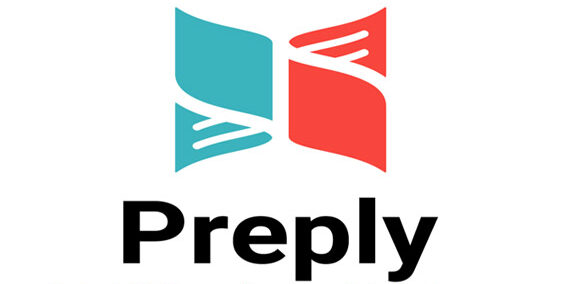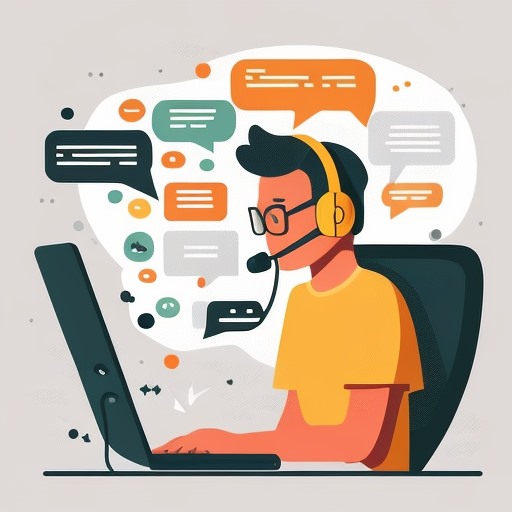
Spis treści
Language Hacks: Shortcuts and Techniques to Expedite Your Learning
Are you looking to learn a new language but don’t want to spend years in the process? Luckily, there are various language hacks, shortcuts, and techniques that can help expedite your learning journey. In this article, we will explore some effective strategies to supercharge your language acquisition and make the process more efficient and enjoyable.
1. Immerse Yourself in the Language
One of the most powerful language learning techniques is immersion. Immerse yourself in the target language as much as possible. Surround yourself with native speakers, watch movies and TV shows, listen to podcasts, and read books in the language. This constant exposure to the language will improve your comprehension and help you pick up vocabulary and grammar effortlessly.
Important Links:
Netflix – Watch movies and TV shows in your target language.
Podcasts – Find podcasts in your target language to listen to.
Amazon – Search for books in the language you want to learn.
2. Practice with Native Speakers
Speaking with native speakers is essential for improving your language skills. Find language exchange partners or join conversation groups to practice speaking. This way, you can not only improve your vocabulary and pronunciation but also gain insights into the cultural nuances and expressions specific to the language.
Important Links:
iTalki – Connect with native speakers for language exchange or professional tutoring sessions.
Meetup – Join language learning groups and meet fellow language enthusiasts.
3. Utilize Language Learning Apps
Language learning apps have revolutionized the way we learn languages. They offer interactive lessons, vocabulary exercises, and even gamified learning experiences. Take advantage of popular apps like Duolingo, Babbel, or Rosetta Stone to enhance your language skills on-the-go.
Important Links:
Duolingo – Learn languages for free with gamified lessons.
Babbel – Interactive language learning platform for various languages.
Rosetta Stone – A comprehensive language learning program.
4. Employ Mnemonic Techniques
Mnemonic techniques are memory aids that can help you remember vocabulary, grammar rules, and other language components more effectively. Create mental associations, use visualization techniques, or create mnemonics and flashcards to reinforce your memory retention.
Important Links:
Memrise – A platform that uses mnemonic techniques to help you memorize vocabulary.
Anki – A flashcard app that uses spaced repetition to optimize memory retention.
Conclusion
Learning a new language can be a rewarding and exciting experience. By immersing yourself in the language, practicing with native speakers, utilizing language learning apps, and employing mnemonic techniques, you can expedite your learning process and make the most of your language acquisition journey.
Frequently Asked Questions (FAQs)
1. Can language hacks really speed up the learning process?
While language hacks cannot magically make you fluent overnight, they can definitely accelerate your learning progress. By implementing effective techniques and strategies, you can efficiently acquire a new language.
2. How important is immersion in language learning?
Immersion is a powerful tool in language learning. It allows you to absorb the language naturally and familiarize yourself with the culture and context. Regular exposure to the language enhances your listening, speaking, and comprehension skills.
3. Are language learning apps sufficient for becoming fluent?
Language learning apps are a valuable resource, but they should be complemented with other learning methods. Apps can help you develop a solid foundation, but practicing with native speakers and immersing yourself in the language are crucial for achieving fluency.
4. How do mnemonic techniques assist in language learning?
Mnemonic techniques can improve memory retention by creating associations and connections between new information and existing knowledge. They help you remember vocabulary, grammar rules, and other language components more effectively.
5. Can language exchange platforms be beneficial?
Language exchange platforms connect learners with native speakers of the language they want to learn. Engaging in conversations with native speakers provides real-life practice and exposes you to different accents, vocabulary, and cultural nuances.
6. Is it necessary to learn grammar rules when using language hacks?
Grammar rules are an essential aspect of language learning. While language hacks may allow you to focus more on practical communication skills, understanding grammar provides you with a solid foundation for building fluency and accurate language usage.
7. How much time should I dedicate to language learning each day?
The amount of time you dedicate to language learning depends on your goals, schedule, and personal preferences. Consistency is key, so even if you can only spare 15-30 minutes per day, it can still contribute to your progress over time.
8. Can language learning be fun?
Absolutely! Language learning can be a fun and enjoyable experience, especially when you explore different learning techniques and resources. Gamified language learning apps, cultural immersion, and engaging conversations with native speakers can make the process more entertaining.
9. Is it possible to become fluent in multiple languages?
Yes, it is possible to become fluent in multiple languages with dedication, consistent practice, and effective learning strategies. However, it’s important to maintain a balance and not overburden yourself, as each language requires time and effort to master.
10. Can I learn a language on my own, without taking classes?
Absolutely! Many people successfully learn languages on their own without formal classes. With the abundance of online resources, language learning apps, and immersive experiences, self-study can be an effective and rewarding path to language proficiency.


